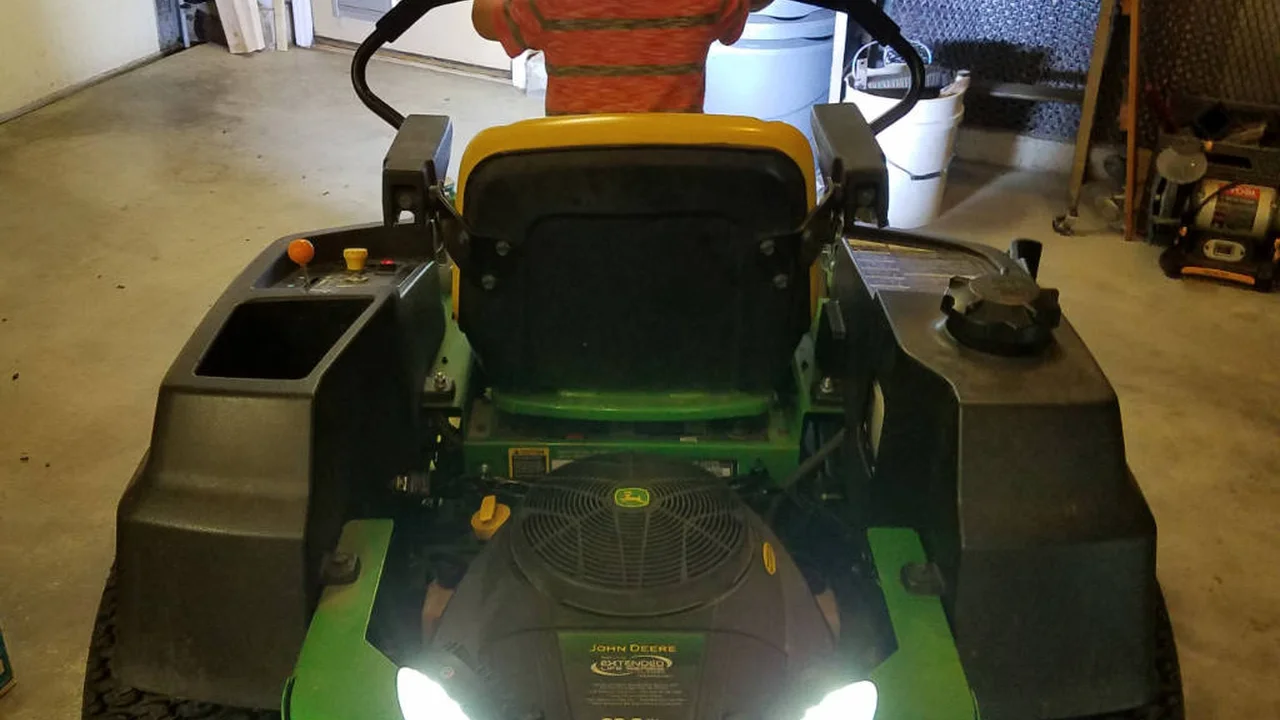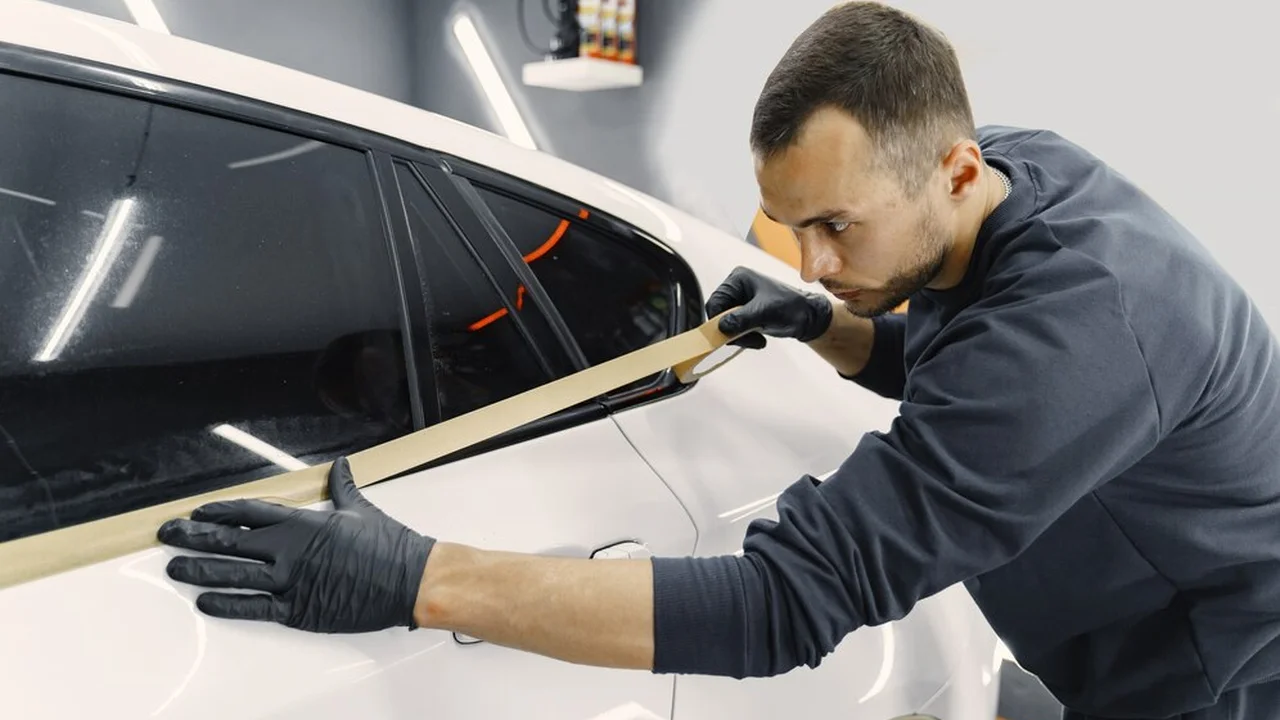Body Kit Insurance: Are You Covered?

Protect your investment with proper body kit insurance coverage. We explore options for insuring aftermarket modifications. Ensure you're covered in case of accidents or damage.
Understanding Body Kit Insurance Coverage Options
Okay, so you've decked out your ride with a killer body kit. It looks amazing, turns heads, and makes you feel like you're driving a race car. But what happens if something goes wrong? Accidents happen, and even minor fender benders can cause significant damage to your aftermarket body kit. That's where body kit insurance comes in. But is it really necessary? And what exactly does it cover? Let’s dive in.
First off, it's important to understand that standard auto insurance policies often don't fully cover aftermarket modifications like body kits. Many policies only cover the cost to return your vehicle to its original factory condition. This means if your body kit gets damaged in an accident, your insurance company might only pay to replace it with the original factory parts – leaving you to foot the bill for the body kit replacement or repair. Ouch!
There are several options to consider when it comes to insuring your body kit:
- Supplemental Coverage: Some insurance companies offer supplemental coverage or endorsements specifically for aftermarket parts. This type of coverage can be added to your existing policy and will provide additional protection for your body kit.
- Stated Value Policies: With a stated value policy, you declare the value of your modifications, including the body kit. The insurance company then agrees to cover that amount in the event of a covered loss. However, be prepared to provide documentation, such as receipts and appraisals, to support your declared value.
- Specialty Auto Insurance: Companies specializing in insuring modified vehicles often offer comprehensive coverage for aftermarket parts and accessories. These policies are typically more expensive but provide broader protection.
Factors Affecting Body Kit Insurance Costs
So, how much will it cost to insure your body kit? Several factors can influence the premium:
- Value of the Body Kit: The more expensive your body kit, the higher the insurance premium will likely be. Insurance companies assess risk based on the potential cost of replacement or repair.
- Type of Body Kit: Some body kits are more prone to damage than others. For example, a low-riding body kit might be more susceptible to scrapes and bumps, potentially increasing the insurance cost.
- Your Driving Record: A clean driving record typically results in lower insurance premiums. Conversely, a history of accidents or traffic violations can increase the cost.
- Location: Insurance rates vary depending on your location. Areas with higher rates of vehicle theft or vandalism may result in higher premiums.
- Insurance Company: Different insurance companies have different underwriting guidelines and pricing models. It's essential to shop around and compare quotes from multiple providers.
Real-World Scenarios and Body Kit Insurance Claims
Let's consider a few real-world scenarios to illustrate the importance of body kit insurance:
- Minor Collision: You're involved in a minor fender bender in a parking lot. The impact damages the front lip of your body kit. Without specific body kit coverage, your standard insurance policy might only cover the cost of repairing the factory bumper, leaving you to pay for the body kit repair or replacement.
- Vandalism: Your car is parked on the street overnight, and vandals damage your body kit. Comprehensive coverage under a supplemental or specialty policy would typically cover the cost of repairing or replacing the damaged parts.
- Total Loss: Your car is involved in a major accident and is deemed a total loss. With a stated value policy or specialty insurance, you can receive compensation for the value of your body kit, in addition to the value of the vehicle itself.
Recommended Body Kit Insurance Providers
While I can't endorse specific companies, here are a few types of providers known to offer coverage for aftermarket modifications:
- Hagerty: Known for classic and collector car insurance, Hagerty often provides coverage for modified vehicles as well.
- American Collectors Insurance: Similar to Hagerty, they specialize in insuring collector cars and can often accommodate aftermarket modifications.
- Progressive: While a mainstream insurer, Progressive offers options for adding coverage for aftermarket parts.
- Local Independent Agents: Working with an independent insurance agent can be beneficial, as they can shop around with multiple companies to find the best coverage for your specific needs.
Important Note: Always read the fine print and understand the terms and conditions of your insurance policy. Make sure the policy specifically covers aftermarket body kits and that the coverage amount is sufficient to replace your kit in the event of a loss.
Specific Body Kit Products and Insurance Considerations
Let's look at a few specific body kit examples and how insurance considerations might vary:
1. Duraflex Body Kit for Honda Civic (2016-2021)
Description: A popular and relatively affordable option, Duraflex body kits are known for their flexibility and impact resistance. They're made from a fiberglass-reinforced plastic composite. Expect to pay around $500 - $800 for a full kit.
Insurance Considerations: While Duraflex is more durable than standard fiberglass, it's still susceptible to damage. Given the relatively lower cost, insuring this type of kit might not significantly increase your premium. However, it's still worth checking with your insurance provider to ensure coverage, especially if you've invested in professional installation and painting.
2. Carbon Fiber Body Kit for BMW M4
Description: Carbon fiber body kits are at the high end of the spectrum, offering exceptional strength, lightweight properties, and a premium aesthetic. A full carbon fiber kit for a BMW M4 can easily cost upwards of $5,000 - $10,000 or more.
Insurance Considerations: Due to the high cost of carbon fiber, insuring this type of body kit is crucial. Expect a significant increase in your insurance premium. You'll likely need a stated value policy or specialty insurance to ensure adequate coverage. Be prepared to provide documentation, such as receipts and appraisals, to justify the value of the kit.
3. Polyurethane Lip Kit for Mazda Miata
Description: A polyurethane lip kit is a more subtle modification, typically consisting of a front lip spoiler, side skirts, and rear lip add-ons. These kits are relatively affordable, often costing around $300 - $500.
Insurance Considerations: While less expensive than full body kits, polyurethane lip kits can still be damaged in minor collisions. Depending on your deductible, it might not be worth filing a claim for minor damage. However, it's still a good idea to check with your insurance provider to see if the kit is covered under your existing policy.
Body Kit Installation and Impact on Insurance
Whether you choose to install your body kit yourself or have it professionally installed can also impact your insurance coverage. If you install the kit yourself and make mistakes that lead to damage, your insurance company might not cover the repairs. Professional installation provides a guarantee of quality and can help ensure that the kit is properly installed, reducing the risk of damage.
Document Everything
Regardless of which insurance option you choose, it's crucial to document everything. Keep receipts for the body kit purchase, installation, and painting. Take photos of the kit before and after installation. This documentation will be essential if you ever need to file a claim.
Price Comparison of Different Insurance Options for Body Kits
It's tough to give precise numbers without knowing your specific situation, but here's a general idea of how costs might compare:
- Standard Policy (Without Supplemental Coverage): This will be the cheapest option upfront, but remember, it likely *won't* cover your body kit!
- Standard Policy + Supplemental Coverage: Expect to pay an extra $50 - $200 per year, depending on the value of your kit. This is a good middle-ground for relatively inexpensive kits.
- Stated Value Policy: These policies are more expensive, potentially adding $300 - $500+ per year. The cost heavily depends on the declared value of your modifications.
- Specialty Auto Insurance: This will be the most expensive, potentially costing $500 - $1000+ per year. However, it provides the most comprehensive protection, especially for heavily modified vehicles.
Disclaimer: These are just estimates. Get quotes from multiple providers to get accurate pricing for *your* vehicle and modifications.
Ultimately, deciding whether or not to insure your body kit is a personal decision. Weigh the cost of insurance against the potential cost of repairing or replacing the kit out of pocket. By understanding your options and considering the factors involved, you can make an informed decision that protects your investment and provides peace of mind. Drive safe!
:max_bytes(150000):strip_icc()/277019-baked-pork-chops-with-cream-of-mushroom-soup-DDMFS-beauty-4x3-BG-7505-5762b731cf30447d9cbbbbbf387beafa.jpg)






